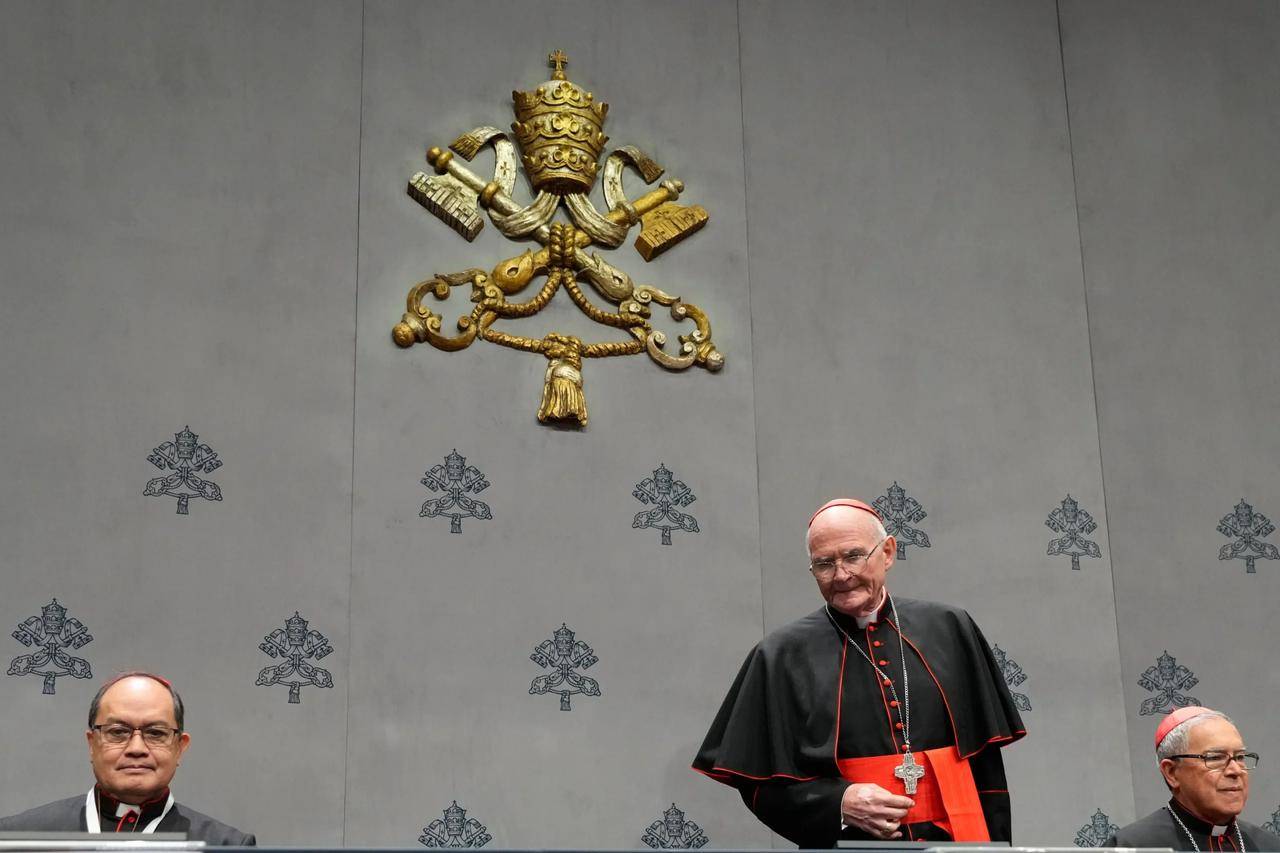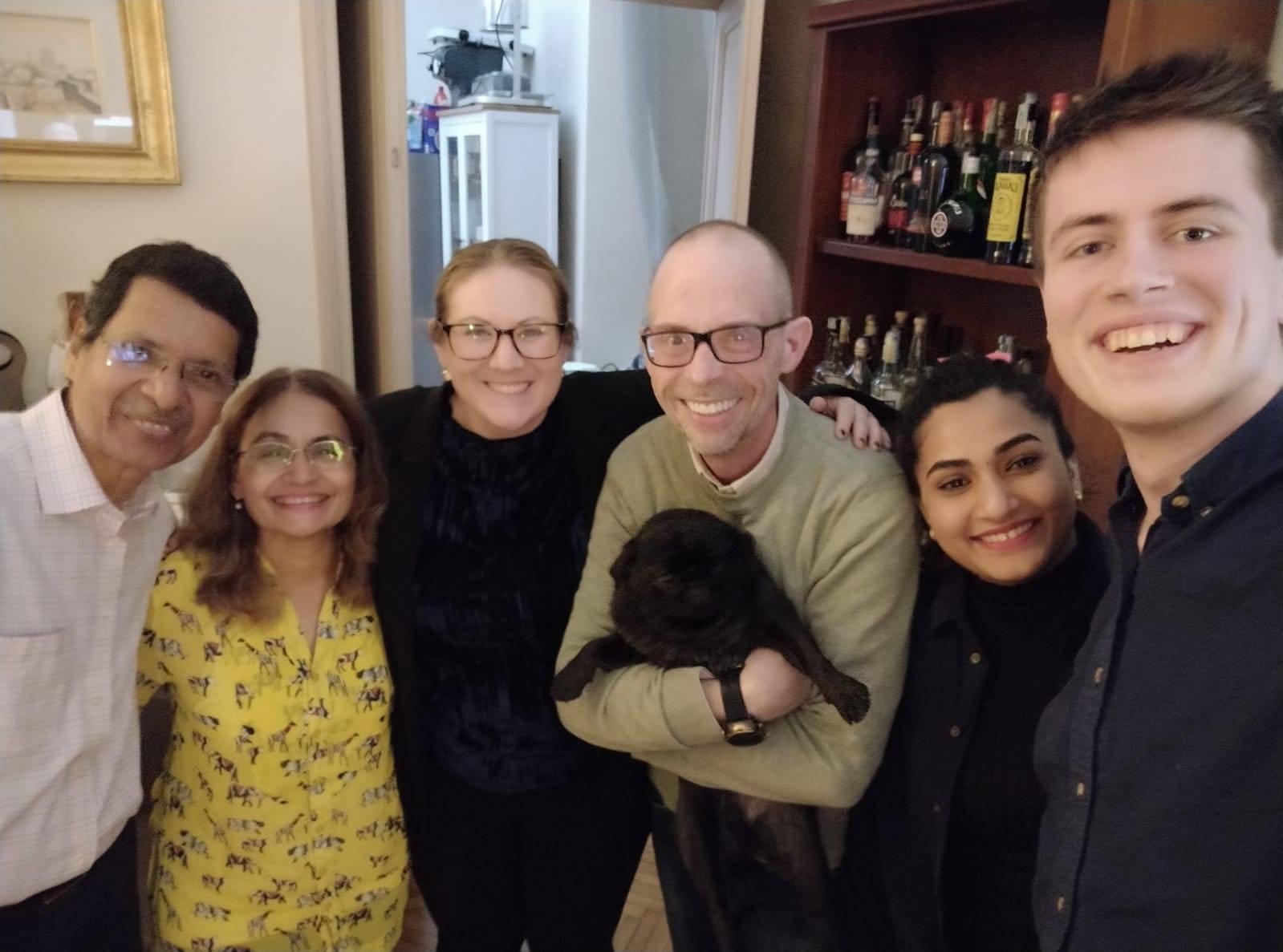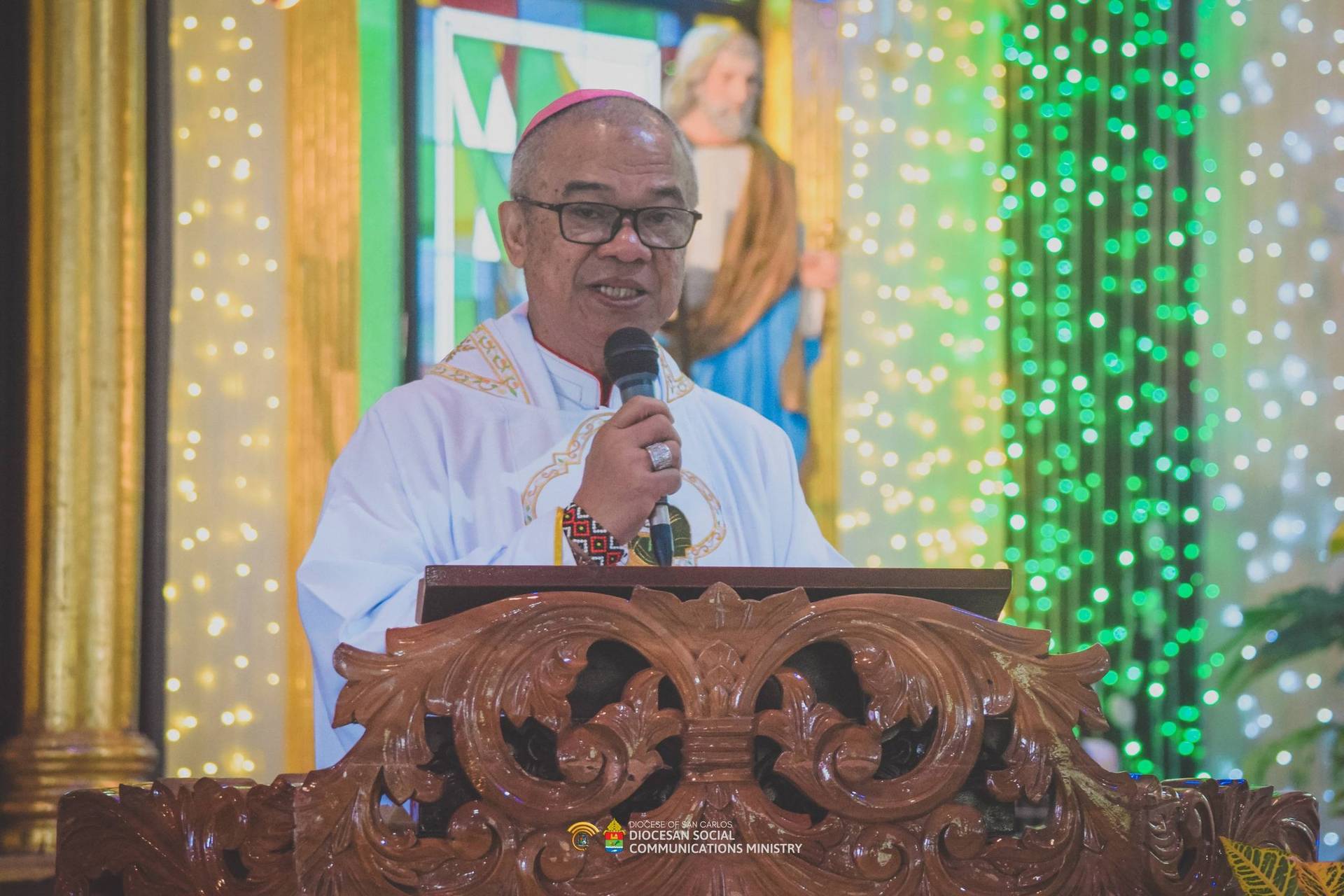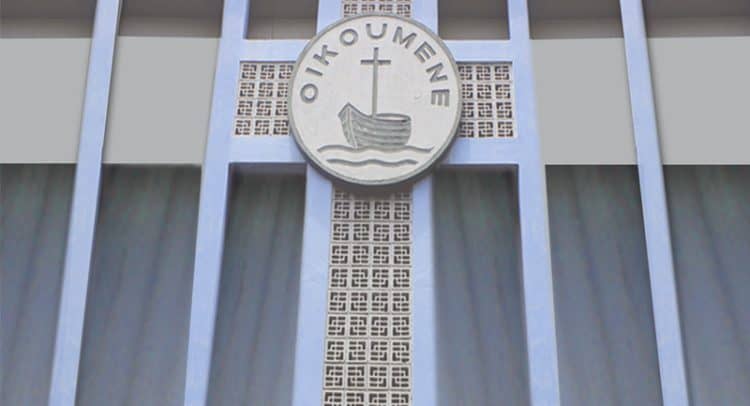MUMBAI, India – After three days of prayer and deliberation, 348 delegates — comprising bishops, priests, monks, and laity — of the Fifth Syro-Malabar Church Episcopal Assembly produced a final document highlighting necessary church reforms, including celebrating Mass according to the rites mandated by the Church Synod.
Issued on Aug. 25, the assembly also stressed that advocating for ecclesiastical and community rights should not be misconstrued as religious fundamentalism or extremism.
The Syro-Malabar Church, with an estimated following of 4.25 million worldwide, is the second largest of the eastern Churches in communion with Rome. Ever since its synod decided in 2021 to adopt a new, unified mode of celebrating the Mass, the Church has been gripped by controversy, above all in its largest jurisdiction of Ernakulam-Algamany.
The synod required that Mass be celebrated facing the people during the Liturgy of the Word, and facing the altar during the Liturgy of the Eucharist.
That decree, however, was resisted by a swath of clergy and laity in Ernakulam-Angamaly, on the grounds that Mass facing the people throughout the celebration represented their local tradition and is also more in keeping with the liturgical teachings of the Second Vatican Council (1962-65).
The dispute occasionally has turned nasty, with angry public protests and the burning of decrees in public. St. Mary’s Cathedral in the archdiocese has been closed for the last two Christmas seasons amid the controversy.
During the Episcopal Assembly, Cardinal Baselios Mar Cleemis, Major Archbishop of the Syro-Malankara Church, urged the faithful to recognize the strength and glory of the Syro-Malabar Church while expanding missionary efforts into new areas. Syro-Malabar Church Head Major Archbishop Mar Raphael Thattil, who presided over the event, emphasized the Church’s collaborative efforts with sister churches for mutual growth.
However, the event saw some tension as seven laity representatives from the Ernakulam-Angamaly Archdiocese distributed leaflets demanding the removal of Archbishop Andrews Thazhath of of Thrissur, who had served as Apostolic Administrator sede plena of Ernakulam–Angamaly until 2023. The protesters accused the former apostolic administrator of falsely aligning clergy and laity of the archdiocese with non-Christian religious extremists in his report to Pope Francis.
Father Kuriakose Mundadan, the presbyteral Council Secretary of Ernakulam-Angamaly Archdiocese told Crux the pastoral situation of Ernakulam- Angamaly Archdiocese is “very particular.”
“From the time of Second Vatican Council onwards the faithful in the archdiocese are very comfortable with Holy Mass where the priest is facing the community. The people enjoy the openness and active participation in the Holy Mass,” he said.
“They always demand that they have the right for common priesthood to actively participate in the Holy Mass rather than onlookers in the Synodal form of Holy Mass. So the decision of 50-50 formula of synod is unacceptable to the people of God in the Archdiocese,” the priest continued.
“The recent major archiepiscopal assembly was deliberately an engineered one against the liturgical stand of our archdiocese. Our delegates were not given a single chance to articulate their stand but at the same time the moderators of general discussions gave ample chance to those who support Synodal Mass to speak venomously against the position of the archdiocese. This type of church activity is abominable,” Mundadan told Crux.
Saira Mathew, an Ernakulam-Angamaly Archdiocese delegate at the Assembly told Crux they are very hopeful that their grievances will be discussed and a solution on the facing of the people during Mass “will evolve.”
“We were not given a chance to raise this issue, which needed immediate attention, even though we tried hard. Our issue of churches being closed and disputes going on were of least concern to the Assembly, even though our diocese is the largest in the Syro-Malabar Church,” she said.
“Even though the Vatican has asked for a restitution settlement, it is not executed. Cardinal Alenchery still has criminal and civil cases running in this regard. Cardinal Alenchery does not seem to be apologetic and tried to divert the attention to issues like imposing uniform mode of Mass in our diocese, which is against the desire of the majority of the laity,” she said.













